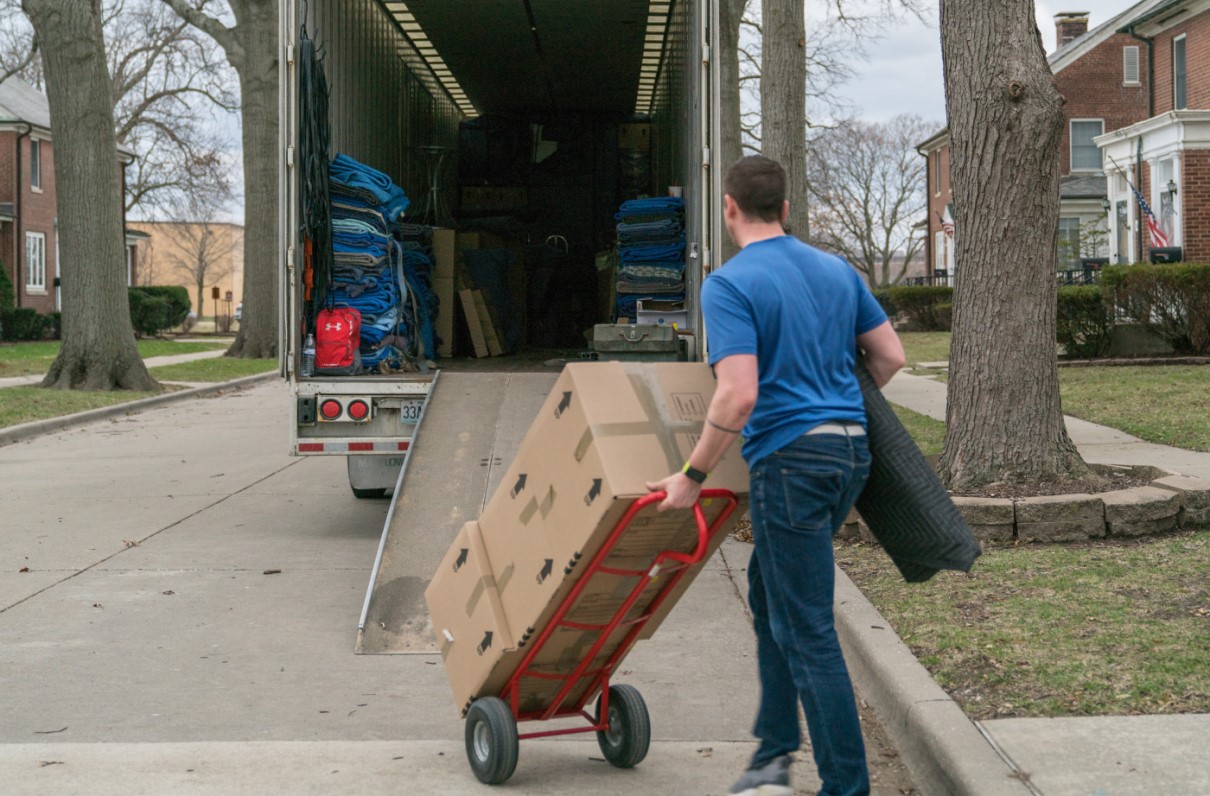Do you agree the military provides enough relocation assistance to prepare families for PCS moves?
As a supplement to a congressionally mandated report, RAND conducted a study on the effects PCS moves have on military family stability. The findings highlight challenges military families face during PCS moves and provides a look into existing programs and policies that should address these challenges.
No surprise to military communities, evidence in the study suggests that PCS moves:
- Have a direct, negative impact on retention plans among servicemembers.
- Contribute to military spouse unemployment and underemployment, delays in employment due to licensing barriers, and overall spousal income loss.
- Can cause psychosocial stressors for all family members
- Cause disruptions in finances, issues with finding a new house, enrolling children in new schools, selling or renting a prior home, etc.
Despite these findings, the study states that “almost all of the disruptions … are addressed by multiple programs” and does not recommend adding more programs or policies.
So why are military families still experiencing instability due to PCS moves?
Military families have sounded off through a Change.org petition to hold military movers accountable and make improvements to the PCS process. This past summer's PCS season was described as “brutal” by Military Times, with timeliness of household goods delivery and damages being top complaints.
The study identifies several DoD programs in place that assist in the PCS transition, such as relocation assistance, child and youth programs, employment assistance, the Exceptional Family Member Program (EFMP), and unit-sponsored volunteer groups like Key Spouse or Family Readiness Groups (FRGs). However, these programs have also been a source of scrutiny, with long waits for child care and cumbersome EFMP processes, for example. There have also been little to no changes in statistics such as spouse unemployment rates, which programs like employment assistance should mitigate.
According to RAND, the effectiveness of programs already in place “is not well understood”. Before creating new programs, DoD should do more research including evaluation of the efficacy of existing programs and collecting data on whether families move together or at different times to better inform future PCS design proposals.
The study also makes additional policy recommendations that would improve PCS moves and enhance family stability:
- Identify ways to ensure that funding needed to support PCS moves is available when needed.
- Improve the demand signal for logistical aspects of PCS moves to mitigate disruptions.
- Sync personnel assignment, pay, and PCS systems electronically.
MOAA believes now, more than ever, that it is important for Congress and DoD to conduct thorough evaluation of the current programs and policies they are investing in to ensure military families are aware of available resources, to assess the quality of services delivered, and to identify needs and eliminate gaps in support services. When programs are not performing adequately, it can affect other aspects of military life which ultimately impacts family stability and retention.
What improvements do you think PCS support programs need? Let us know at legis@moaa.org.
